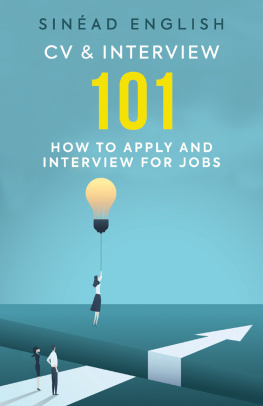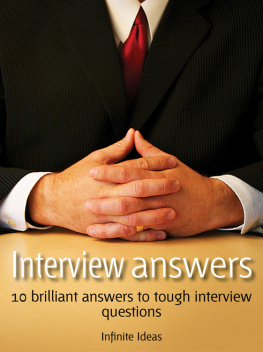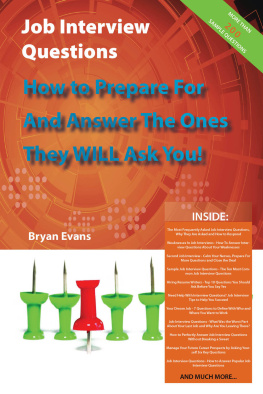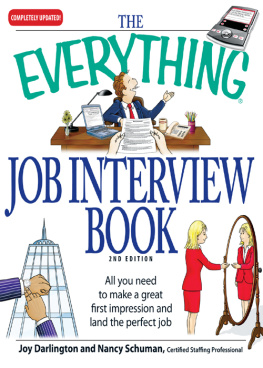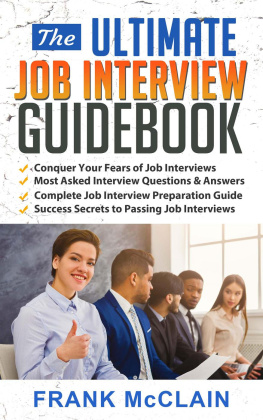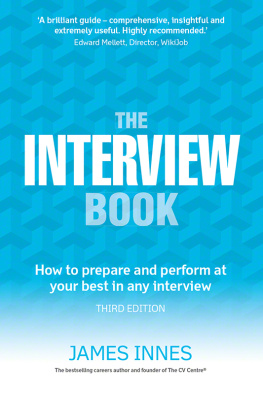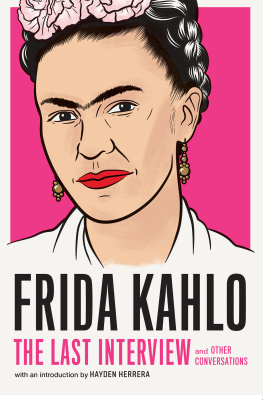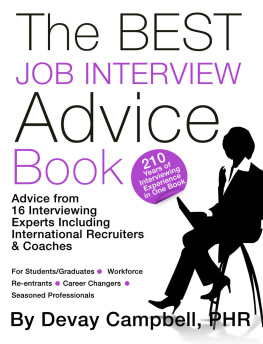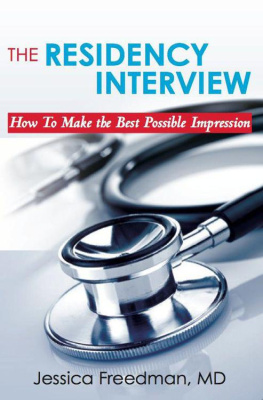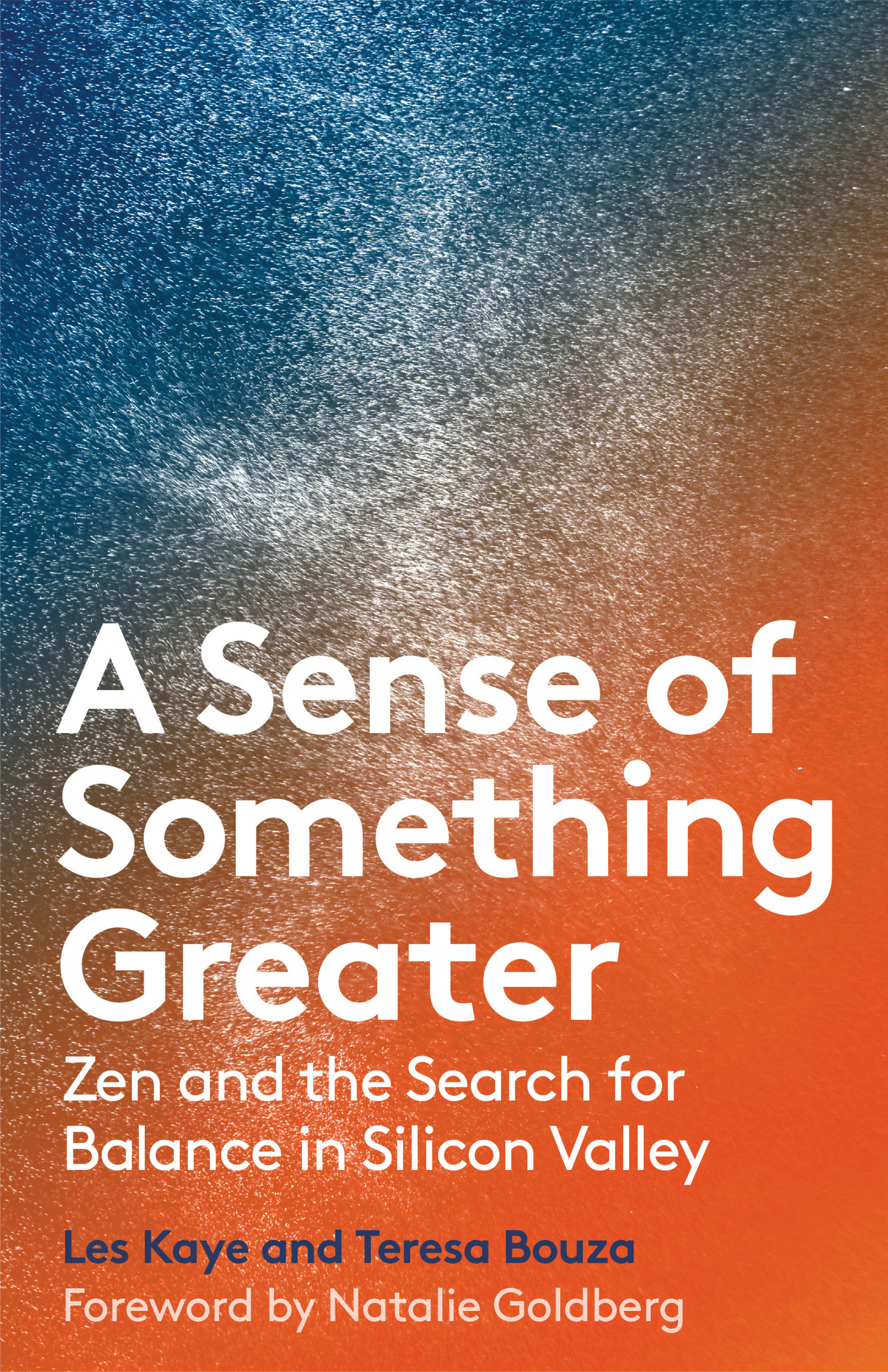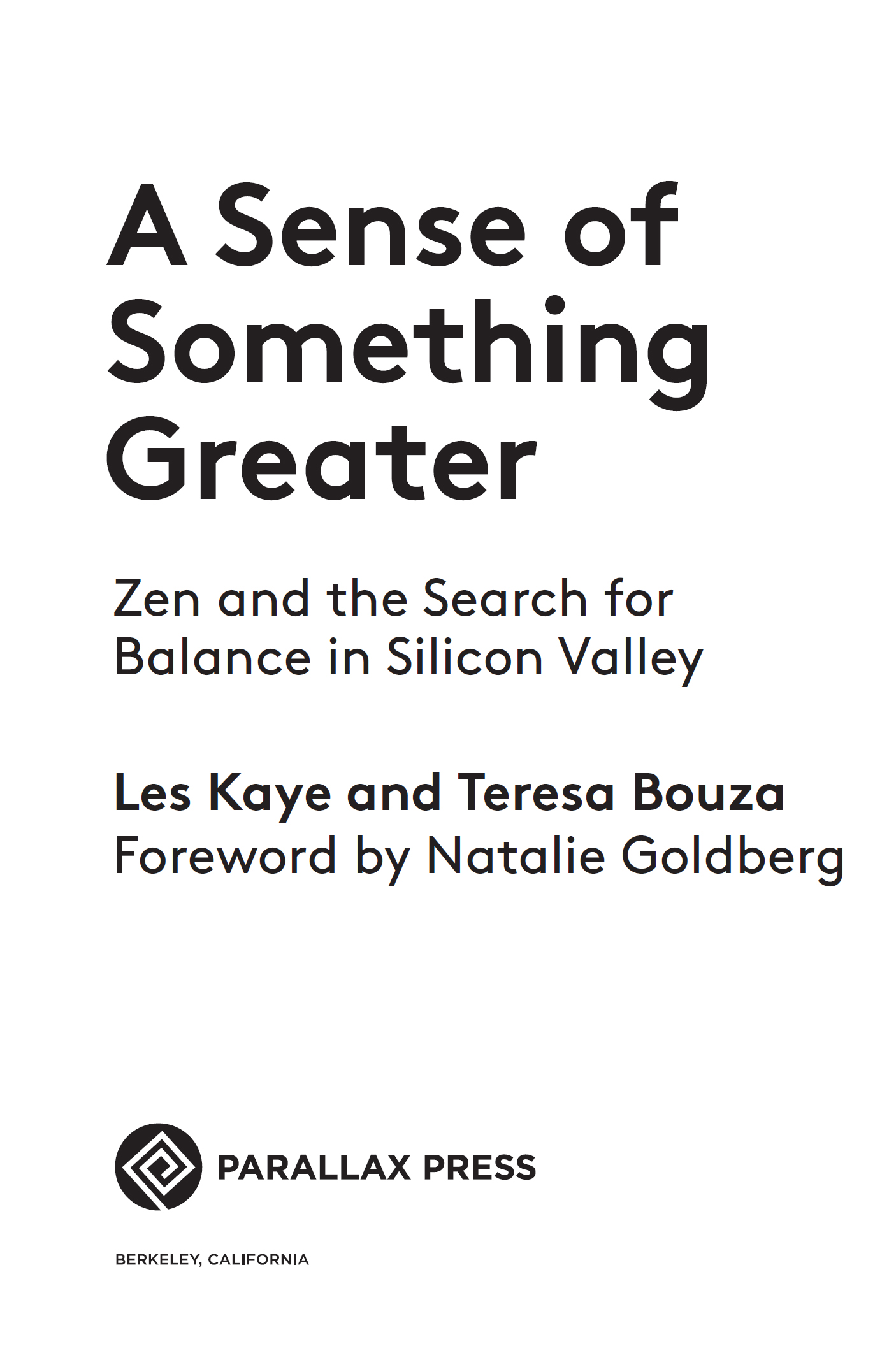Contents
Praise for A Sense of Something Greater
A truly surprising, brilliant, and wonderful book. Reading it, you suddenly see that there is something greater that is before us, right here, right now. Les Kaye and co-author Teresa Bouza reveal a different kind of mind (and heart) in the midst of Silicon Valley and of our lives. This marvelous book is not only about the search for balance but for meaning in the midst.
ROSHI JOAN HALIFAX, Upaya Zen Center, author of Standing at the Edge
Zen meditation may call forth images of Japanese rock gardens and old monasteries, but Les Kaye places it naturally in the midst of twenty-first-century urban American life. Using interviews with individual practitioners by Teresa Bouza, A Sense of Something Greater vividly illustrates how this simple practice can offer remarkable clarity and ease to those who work in competitive, high-tech, high-stress settings.
KAZUAKI TANAHASHI, Painting Peace at a Time of Global Crisis
A warm, remarkably intimate introduction to a spiritual community in the heart of Silicon Valley. Through personal interviews with the communitys members, we meet the real people of the Valley, as they struggle to find their bearings in the fast lane of the high tech world; through the wise counsel of the communitys leader, Les Kaye, we are welcomed into the ancient tradition of Soto Zen, where meditation is our most natural act and spiritual practice is its own reward.
CARL BIELEFELDT, Associate Professor of Religious Studies, Stanford University
Parallax Press
P.O. Box 7355
Berkeley, CA
94707
parallax.org
Parallax Press is the publishing division of
Plum Village Community of Engaged Buddhism, Inc.
2018, Les Kaye and Teresa Bouza
All rights reserved
Cover and text design by Joshua Michels
Cover photo by Jose A. Bernat Bacete/Moment/Getty Images
Les Kaye author photo Lee Marsullo
Teresa Bouza author photo Vanessa Able
Ebook ISBN9781946764225
Names: Kaye, Les, author.
Title: A sense of something greater : Zen and the search for balance in Silicon Valley / Les Kaye.
Description: Berkeley : Parallax Press, 2018. | Includes bibliographical references.
Identifiers: LCCN 2018010892 (print) | LCCN 2018023063 (ebook) | ISBN 9781946764225 (ebook) | ISBN 9781946764218 (trade paper)
Subjects: LCSH: Religious lifeZen Buddhism. | Spiritual lifeZen Buddhism. | EmployeesReligious life.
Classification: LCC BQ9286.2 (ebook) | LCC BQ9286.2 .K393 2018 (print) | DDC
294.3/92709794dc23
LC record available at https://lccn.loc.gov/2018010892
v5.3.2
a
To all dedicated seekers
whose quiet passion for truth inspires lives of authenticity and the determination to bring forth the highest values.
Contents
I Just Have to Do My Part
Interview with Andy Narayanan
Impostor Syndrome
Interview with Dave Redell
Admitting You Dont Know
Interview with Colleen King Ney
Choosing Wisely
Interview with Dan Geiger
Somethings Missing
Interview with Bonnie Sarmiento
Off with Their Heads
Interview with Travis Marsot
Thats What Zen Will Do for You
Interview with Victor Legge
You Just Have to Care
Interview with Scott Williams
Connecting with Whats Important
Interview with Brenda Golianu
How Can I Help?
Interview with Paul Slakey
The Power of the Practice Is in the Streets
Interview with Randy Komisar
The Freeway Always Clears Up
Interview with Jean-Louis Gasse
I Know the Work I Should Be Doing
Interview with Ken Simpson
A Comma in the World
Interview with Jayashree Mahajan
Foreword by Natalie Goldberg
After doing deep Zen practice for many years in the heartland of Minnesota, I heard of a book in 1996 called Zen at Work. The title alone intrigued me, written by a man named Les Kaye, who worked for IBM in San Jose. Zen at Work combined two of my passionsZen and being employed in the world. Since I was sixteen I have always had a job, and as Ive grown older Ive realized what a privilege it is to find meaningful work. Work gives us a structure, a way to face our day and to connect daily with other people, not necessarily ones we like or would meet otherwiseit gives us an opportunity to grow and face the challenge of acceptance, tolerance, and cooperation.
Work can also become painful, toxic, and unbearable in an unhealthy environment. Many people say work is by far the biggest cause of stress in their lives. This problem is even more pronounced in Silicon Valley. With the rapid growth of technology companies and startups in the region has come an emphasis on longer hours and frenetic energy. It seems like the human employees are trying to keep up with the machines they are working on and with. This is impossiblehuman beings are not machines. So many people are drawn to the technology industryits creative cutting edge, its addictive high energy. But, how to handle your life in the midst of it?
How brilliant that Les Kaye, so many years after his first book and with the encouragement of coauthor Teresa Bouza, has come forth with A Sense of Something Greater. This book and what it examines is such a necessary balance, companion, and antidote to the speed and demands of working in the high-tech industry. Kayes writing is derived from the direct experience of living and working in the Valley for decades. This is not an abstract Zen book about principles of ancient teachings. And his Zen students at Kannon Do Zen Center, with whom he works and who are interviewed here, are not rarified ascetics or hermits but people rooted in the work of the Valley. The books foundation comes right from the floor of the office building, the factory, the people who live and work there day by day.
Kaye and Bouza alternate commentary and short Zen teachings with interviews with therapists, executives, engineers, and teacherspeople who exert effort daily to make alive Zen practice in the workplace. These interviews authenticate the teachings. They are searching and the questions are relevant to each person. They are real conversations, and Bouza carries a respect for what the interviewee has to say. This is Zen in actionhow practitioners apply the teachings to bring more intimacy, cooperation, and peace to tech culture.
It is my hope that everyone reads this book, especially in light of our difficult times, but also that more of Zen practice in our country follows in this path, going right to the heart of human action and looking at how the practice can continue to be a tool for freedom, not only in the zendo but right out in the nitty-gritty of commerce where our lives are actually lived.
Natalie Goldberg
November 2017
Preface
I began work as an engineer at IBM in the mid-1950s, in what was then the rural, southern edge of San Jose. IBM had purchased twenty acres of farmland and pasture to develop facilities for the latest in manufacturing, engineering, and research in business computing. It turns out we were at the forefront of a major regional transition. Ten years later, the transformation of Santa Clara Valley from the Valley of Hearts Delight to Silicon Valley was in full swing. Orchards and farmlands were being replaced by high-tech office buildings and factories, along with the freeways, shopping centers, and homes necessary to support this growing center of creativity, commerce, and the quest for knowledge. This change from a simpler, slow-paced life has now been taking place for decades, not just in Silicon Valley, but also in New York, Seattle, Phoenix, Portland, Charleston, Washington, DC, and Austin, Texas.


